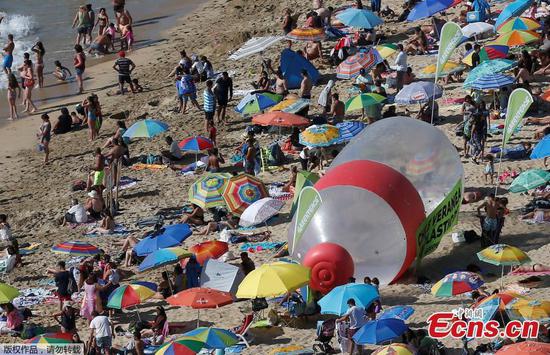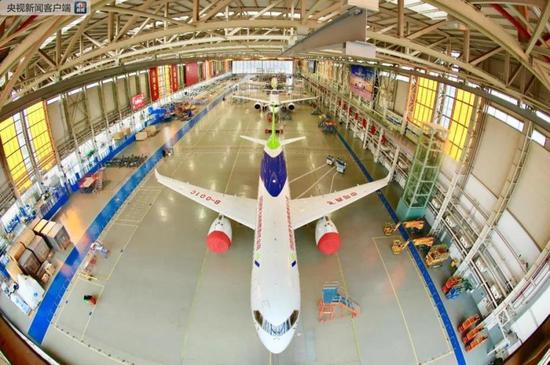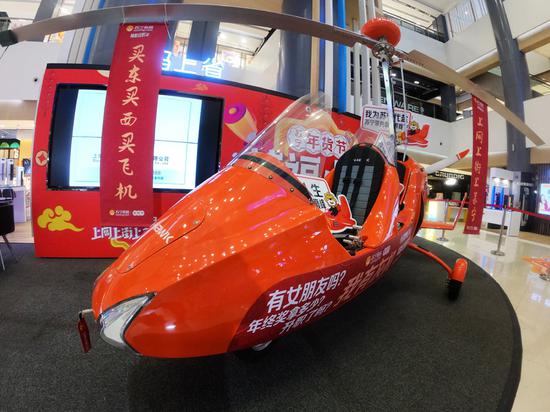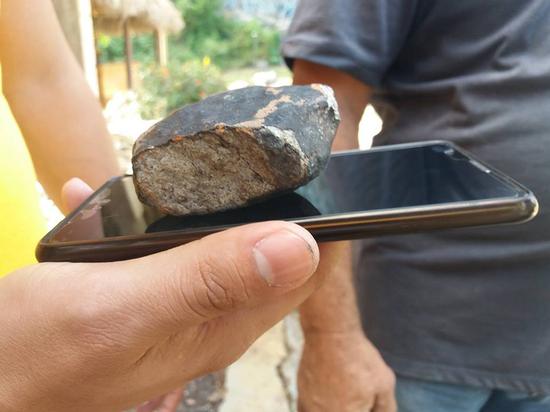Bags, packaging increasingly phased out around continent with wider waste reduction set
Editor's note: Plastic bags pose a grave challenge to the global environment. This is the second in a series in which China Daily looks at efforts worldwide to address this issue.
Last month, a team of environmentalists surprised hundreds of visitors to the Sainsbury's supermarket in Walthamstow, East London.
At the store exit, five Greenpeace campaigners took bags from bemused (yet willing) shoppers and rifled through them.
The team removed almost all packaging, freeing fresh fruit from flimsy polyethylene sacks and liberating cucumbers from cellophane. They transferred the groceries from plastic shopping bags into fully recycled "bags for life".
Shoppers then continued on their way into the parking lot, walking below a sign reading, "Give supermarkets back their pointless plastic today".
"The attention on plastics is not going away, and Greenpeace supporters are helping put supermarkets' excessive use of plastic packaging at the heart of the debate on ocean plastics," said Greenpeace UK Oceans campaigner Elena Polisano.
Plastic has been a hot topic in the United Kingdom and wider Europe since; exactly one year ago, China stopped accepting plastic waste imports on environmental grounds.
Widespread reporting on the import ban revealed to Britons that more than one-quarter of plastic garbage from their homes was not getting processed domestically-it was being sent to China.
A few months prior to the ban, the BBC documentary Blue Planet II also woke the world up to the problem of plastic pollution in our oceans.
One of the most visible offenders of the world's plastic crisis-the single-use shopping bag-is currently in the crosshairs in Europe.
Last month, both Austria and Denmark announced plans for an outright ban on bags, following a similar announcement by the Hungarian government in September.
And last week, the European Union directed its 28 member states to reduce the use of plastic bags to an average of 40 a year per person by 2026-and to raise total plastic recycling rates to 55 percent by 2030.
The UK is now exploring plans to achieve this goal by doubling a levy on plastic bags to 10 pence (13 cents) a bag. In 2015, the UK introduced a 5 pence charge which has since seen plastic bag sales in major supermarkets drop by 86 percent.
"The 5 pence single-use plastic carrier bag charge has been extremely successful in reducing the amount of plastic we use in our everyday lives," said Environment Secretary Michael Gove. "Between us, we have taken over 15 billion plastic bags out of circulation. But we want to do even more to protect our precious planet and (this) announcement will accelerate further behavior change and build on the success of the existing charge."
The EU first released a directive to reduce plastic bag usage in 2015. A study from the European Commission found that the average European used 200 plastic bags in 2010. That year, Europeans used 100 billion plastic bags, and threw away 80 billion of them.
About 4.5 billion of those bags ended up in landfill or waterways, littering the beaches of the Mediterranean and clogging the English Channel, where debris exists at a density of 100 items every square kilometer.
To combat this throw-away culture, four years ago the EU directed member states to reduce plastic bag use to 90 bags a year per person by 2019. Since then, every EU country has introduced some form of plastic bag legislation.
Twenty-one countries now charge for bags. Italy, Romania and France have banned bags outright, while two of Belgium's three regions-Brussels and Walloon -have also introduced a ban.
A further three countries-Austria, Denmark and Hungary -have announced plans to ban bags.
For some nations, the directive was easy to follow. In Denmark and Finland, the average person only used 4 bags in 2010, thanks to preexisting legislation, while Italy had banned plastic bags in 2012.
For nations with high rates of usage, like Portugal and Hungary where the average person used 466 in 2010, the change was drastic. Portugal introduced a charge on bags in 2015, and the use of plastic bags in supermarkets plummeted by 90 percent the following year.
Hungarians now use an average of 80 bags each a year after a bag charge came in, and the government has announced plans for an outright ban by 2021.
The EU has come down on some nations that have failed to effect change. In October 2017, the European Commission noted that Romania and Croatia had taken no steps to reduce usage, and threatened to refer both nations to the European Court of Justice. The countries have since introduced charges on plastic bags.
With plastic bags increasingly being phased out around the continent, Europe has now set its sights on reducing a wider range of single-use plastics.
"The EU is taking action to restrict the use of certain throwaway plastic products for which good plastic-free alternatives exist," said Elisabeth Kostinger, the Austrian Federal Minister of Sustainability and Tourism. "And we will make plastic producers pay for cleaning up."
Come 2021, plastic cutlery, plates, cups, straws, fast-food containers, cotton bud sticks, and micro beads will all be banned in the EU.
"Marine litter is a growing global problem," said Kostinger. "We have all heard the warning by the World Economic Forum and others that, measured by weight, there will be more plastic than fish in the world's oceans by 2050 if we continue dumping plastic in the sea at the present rate. We cannot let this happen."


















































